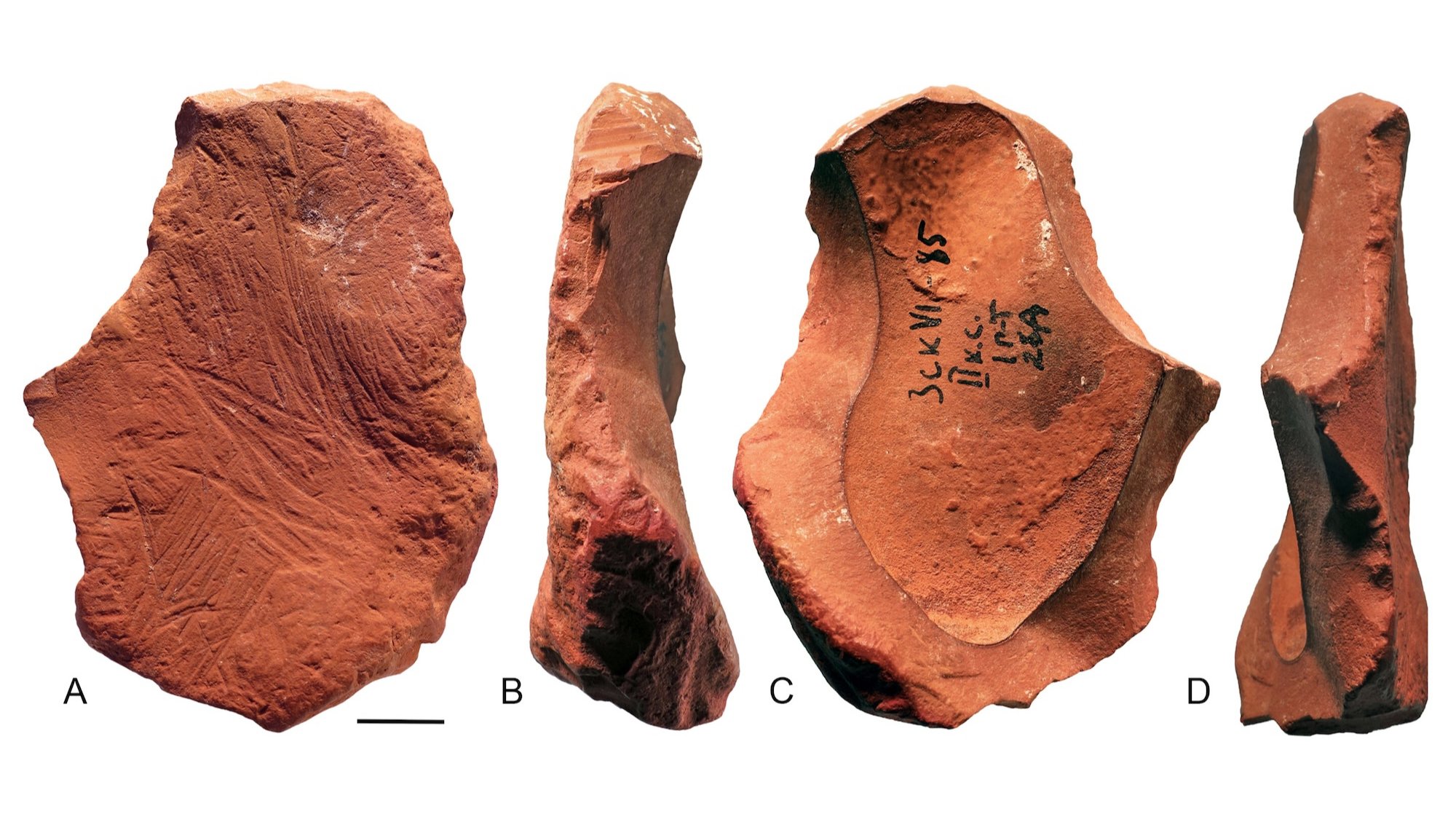Tata Motors’ Ascendancy: 5 Iconic Car Brands Under Its Wing
Tata Motors has established itself as a formidable player in the global automotive industry by acquiring several renowned car brands. The Indian company, a subsidiary of the Tata Group, is now the proud owner of iconic names such as Jaguar, Land Rover, and Daewoo. This strategic expansion began with the purchase of Jaguar and Land Rover from Ford in 2008 for approximately $2.3 billion, marking a significant turning point in the company’s trajectory.
Over the years, Tata Motors has not only diversified its portfolio but has also enhanced its global presence. The acquisition of Daewoo in 2018 allowed the company to strengthen its footprint in the commercial vehicle sector, particularly in Asia. The strategic moves reflect Tata’s commitment to innovation, sustainability, and expansion into new markets.
Expanding the Portfolio
The portfolio of Tata Motors is now more than just a collection of brands; it represents a blend of luxury, performance, and affordability. The Jaguar brand epitomizes luxury and performance, while Land Rover is synonymous with ruggedness and adventure. These brands have allowed Tata Motors to compete in higher segments of the automotive market, appealing to a diverse customer base around the world.
In addition to luxury vehicles, Tata Motors has made strides in the commercial vehicle segment with the acquisition of Daewoo. This move has enabled the company to benefit from Daewoo’s established distribution networks and manufacturing capabilities, particularly in South Korea. The integration of these brands has positioned Tata Motors as a key player in both the passenger and commercial vehicle markets.
Financial Impact and Global Reach
Tata Motors’ strategic acquisitions have had a significant financial impact. The company’s revenues have seen substantial growth, with reports indicating that it generated approximately $15 billion in revenue in the last fiscal year. This impressive figure underscores the effectiveness of its strategy to build a diverse and robust portfolio.
The company’s global reach has expanded as well. With operations in over 175 countries, Tata Motors has established a strong presence in emerging markets, further solidifying its position as a global automotive leader. The commitment to innovation in electric vehicles and sustainable practices is also setting the stage for future growth.
By integrating these iconic brands into its operations, Tata Motors has successfully navigated the complexities of the automotive industry. The company’s ability to adapt and innovate while maintaining a focus on quality and customer satisfaction will be crucial as it continues to expand its influence on the global stage.
As Tata Motors looks towards the future, it remains committed to leveraging its diverse portfolio to meet the evolving demands of consumers and to maintain its competitive edge in the automotive landscape. The journey from a domestic manufacturer in India to a global automotive powerhouse is a testament to Tata Motors’ strategic vision and execution.





